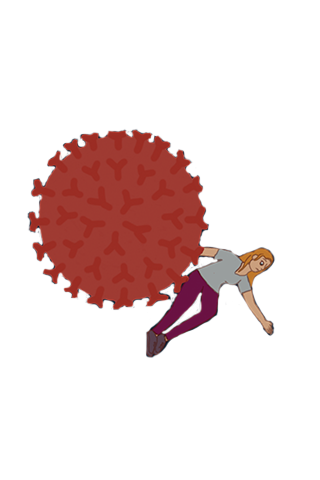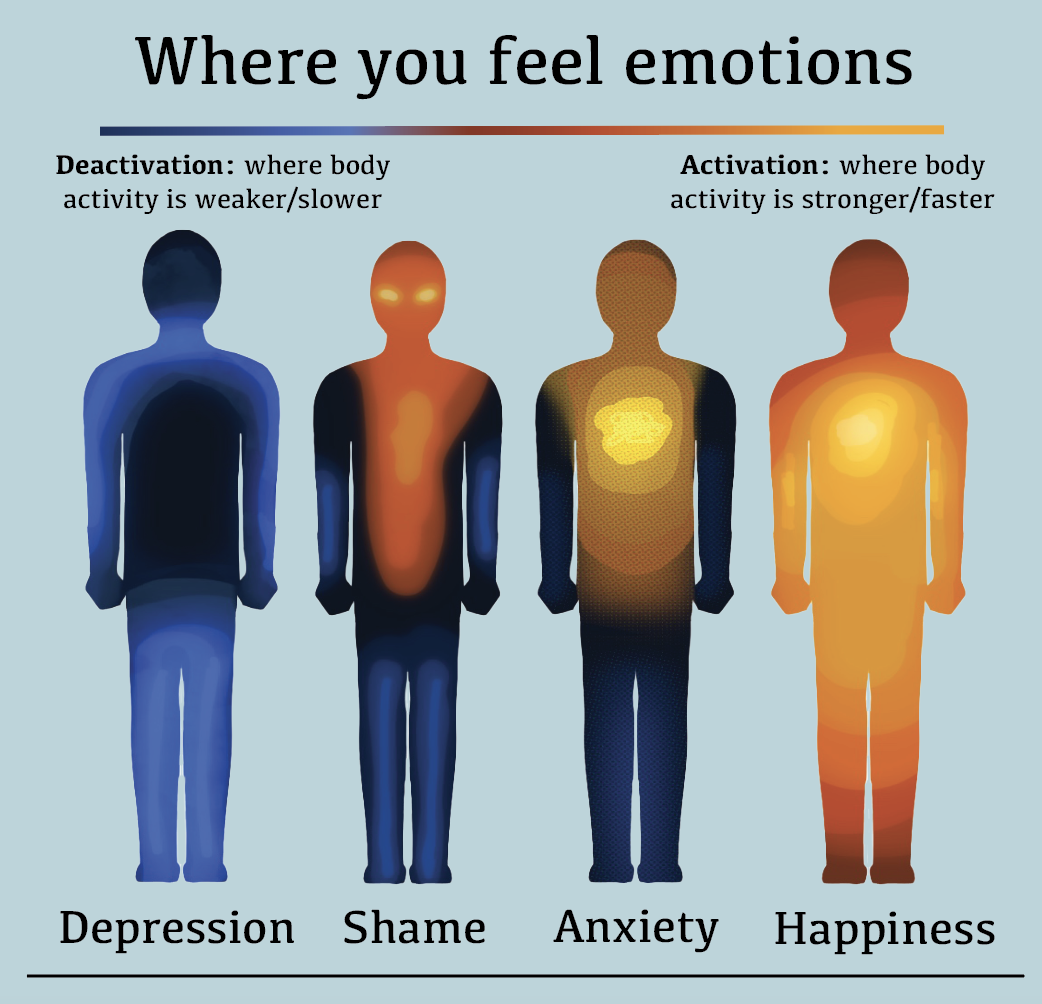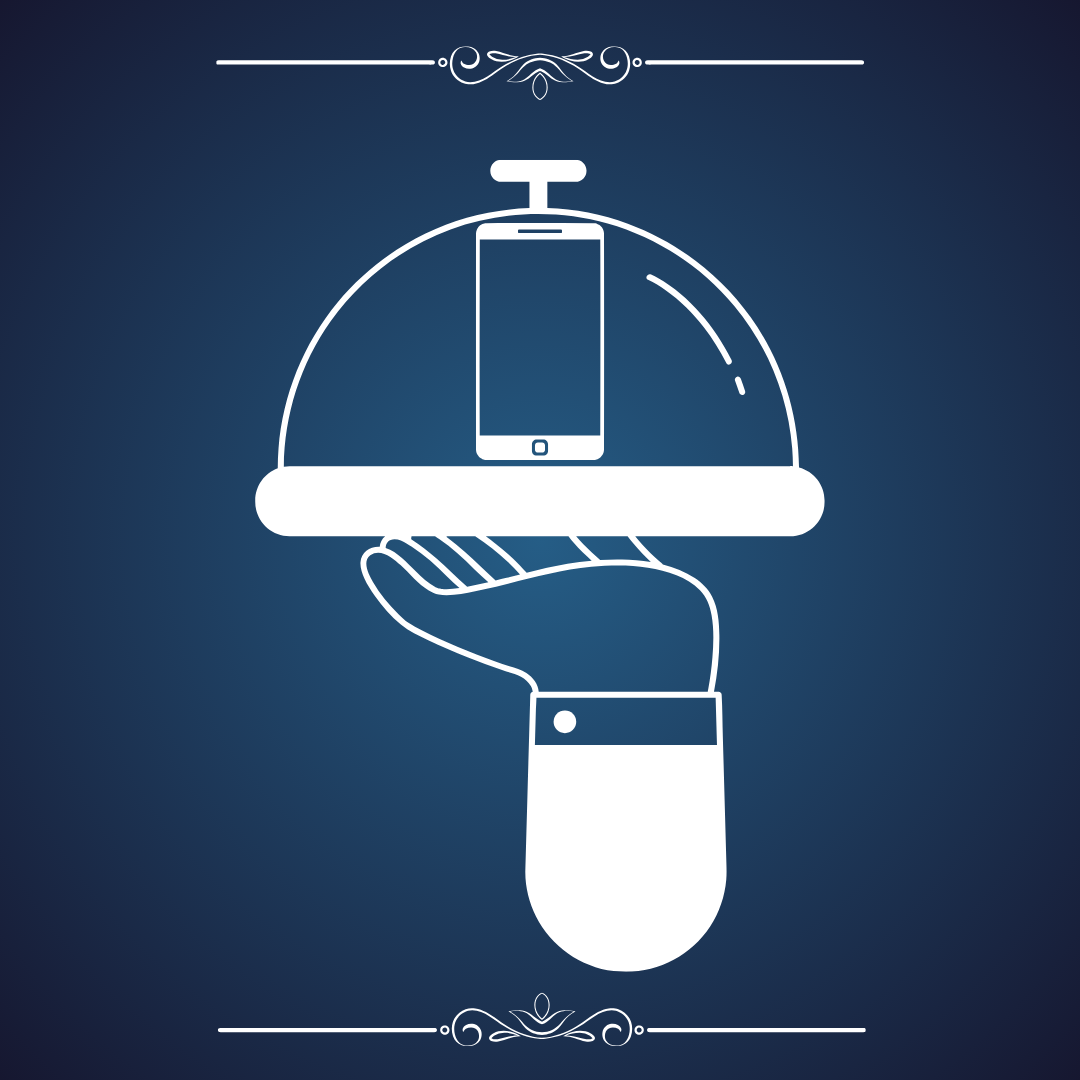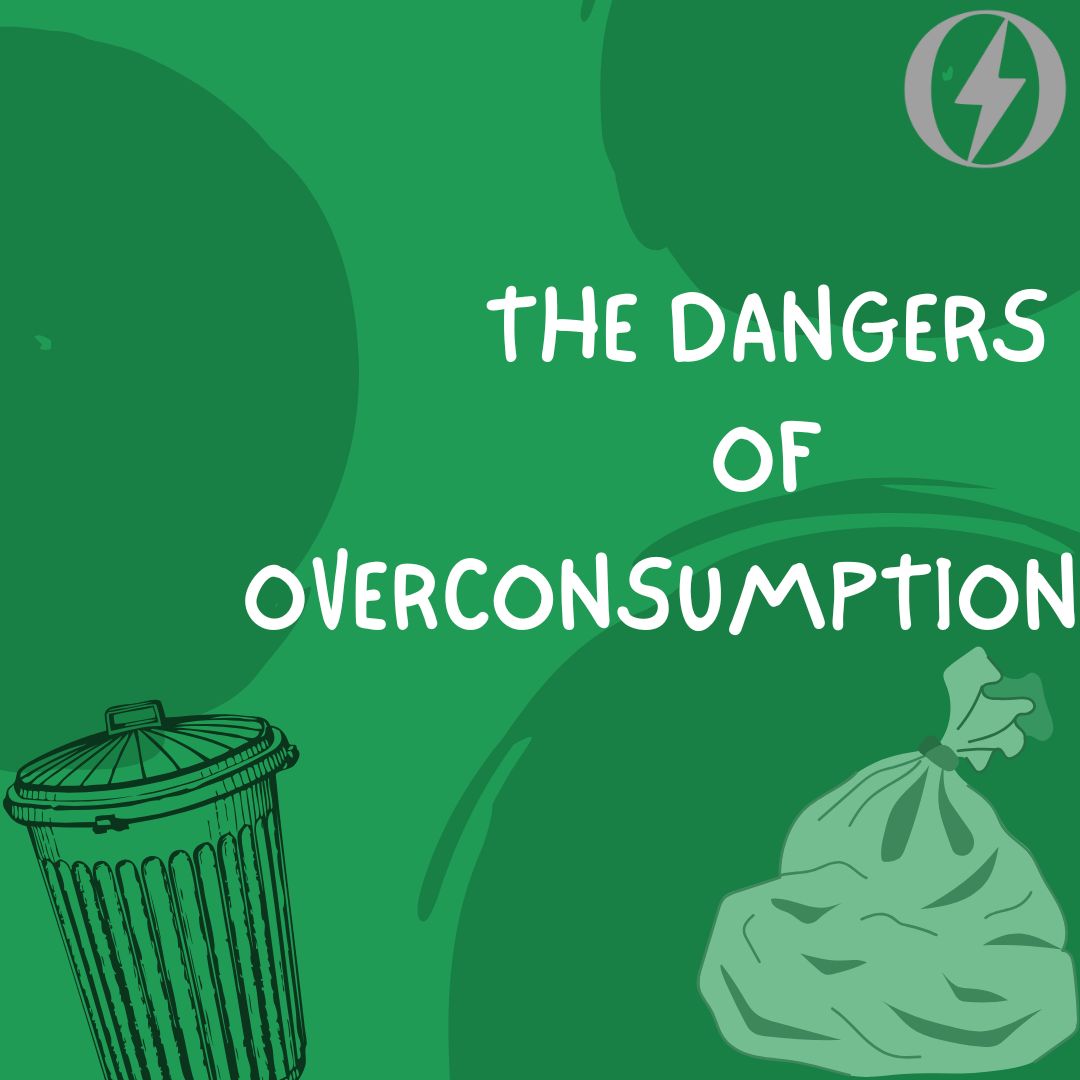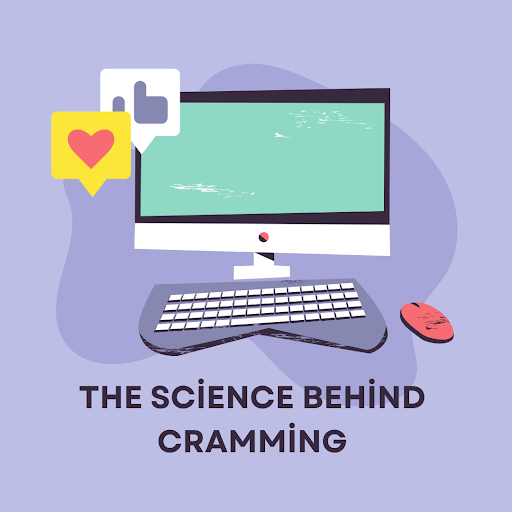Today, everything seems connected to the Internet. From Facebook to Google to WebAssign, everything seems like it’s being transplanted online.
So is this a bad thing? Unfortunately, yes. It can be.
According to psychologist Susan Love, the use of the Internet and social media has decreased the amount of “face-to-face time” that kids have, leading to more social isolation. I personally have seen more and more kids planning parties online, talking to their friends through Facebook and basically having their social lives transferred online.
According to school psychologist David Hartman, “It’s amazing to me the number of kids who will sit in my chair and say that of course they have friends, and so I say, ‘So tell me about your friends, what do you do with them?’ ‘We play video games.’ What they describe, actually, is that they’re sitting on World of Warcraft or one of these games, and they have these ‘social’ friends who they’ve never seen, who might live on the other side of the world, and that’s the way they interact.”
But the trouble goes deeper than having fewer “real-life” friends.
Remember Jason Russell? He was the maker of the Kony 2012 video – the one that stirred up all the fervor and had us all excited but died down in about two and a half days. Well, it turns out there’s a little more to the story than that.
According to Newsweek, after Kony 2012 went viral, Russell was suddenly thrust into the public spotlight. For eight days, Russell was connected to the Internet almost constantly; everything he was doing was related to the viral videos and getting the messages out over the Internet. But this wasn’t necessarily good; over those few days, Russell started behaving oddly and tweeting weird messages. You probably have also heard him running around on a street corner naked ranting about the devil.
He wasn’t drunk or high. He was, according to Newsweek, suffering from “reactive psychosis”, a type of temporary insanity brought on by his sudden Internet fame and attention.
So are we all going to go crazy and be arrested for public indecency? Probably not. But “this is your brain on drugs” has fast turned into “this is your brain on Twitter”.
The new edition of the Diagnostic and Statistical Manual of Mental Disorders, an encyclopedia of mental disorders, will now include Internet Addiction Disorder (IAD). According to CBS, IAD can actually cause changes in the brain that mimic those found in cocaine or heroin addicts.
I bet you didn’t think Facebook was like a hit of coke, did you?
Part of this addictive effect, according to Love, lies in dopamine, which a chemical in the brain that influences feelings of pleasure.
“Dopamine is released in the brain in little spurts in response to text messaging signals [and] email signals,” Love said. “For some people with this pattern, when they’re not close to their phone or hearing their email beep, they’re not receiving that release of dopamine. This results in an increased drive to stay connected to their electronics.”
Not everyone who uses the Internet is addicted, of course, but some are. A good metric for determining how you relate to the Internet, according to Love, is that “if you begin to feel stressed because you’re not on the computer, then that’s probably an indicator that you’ve been on it more than is healthy.”
Excessive Internet use has even been linked to depression. According to Love, a study done in China showed a relationship between more Internet use of a six-month period and more frequent reports of depressed feelings from users.
I’m not trying to scare you off the Internet; obviously there are upsides to the Internet. The ability to get to know more people, do more connected research and be exposed to other parts of the world are all obvious benefits to having the Internet at our disposal.



